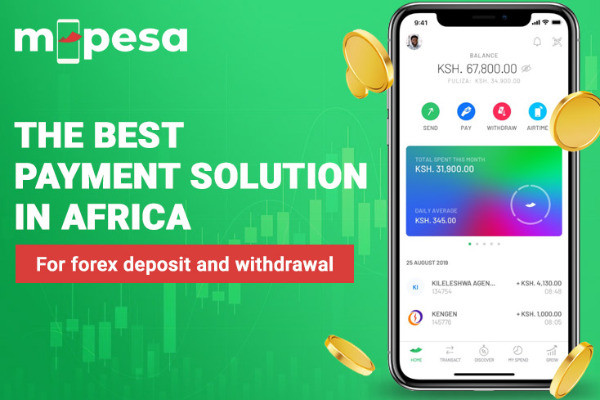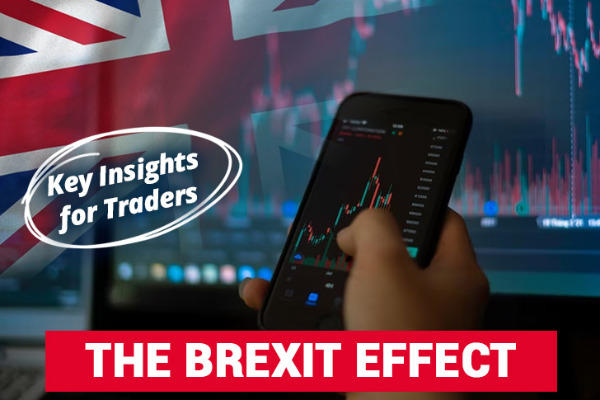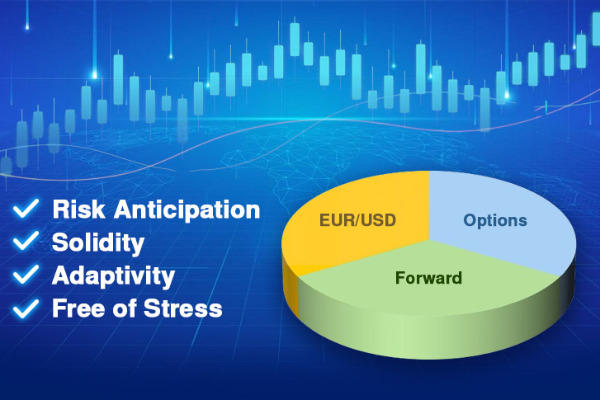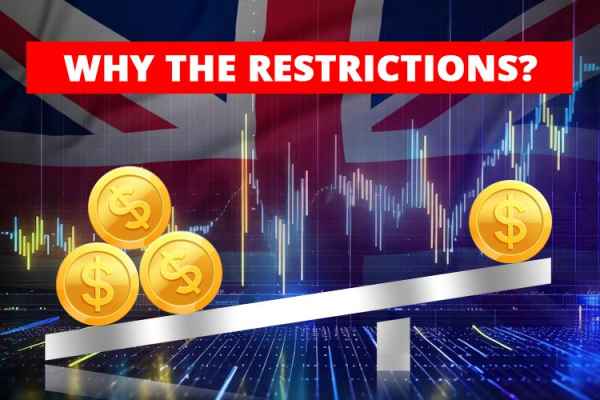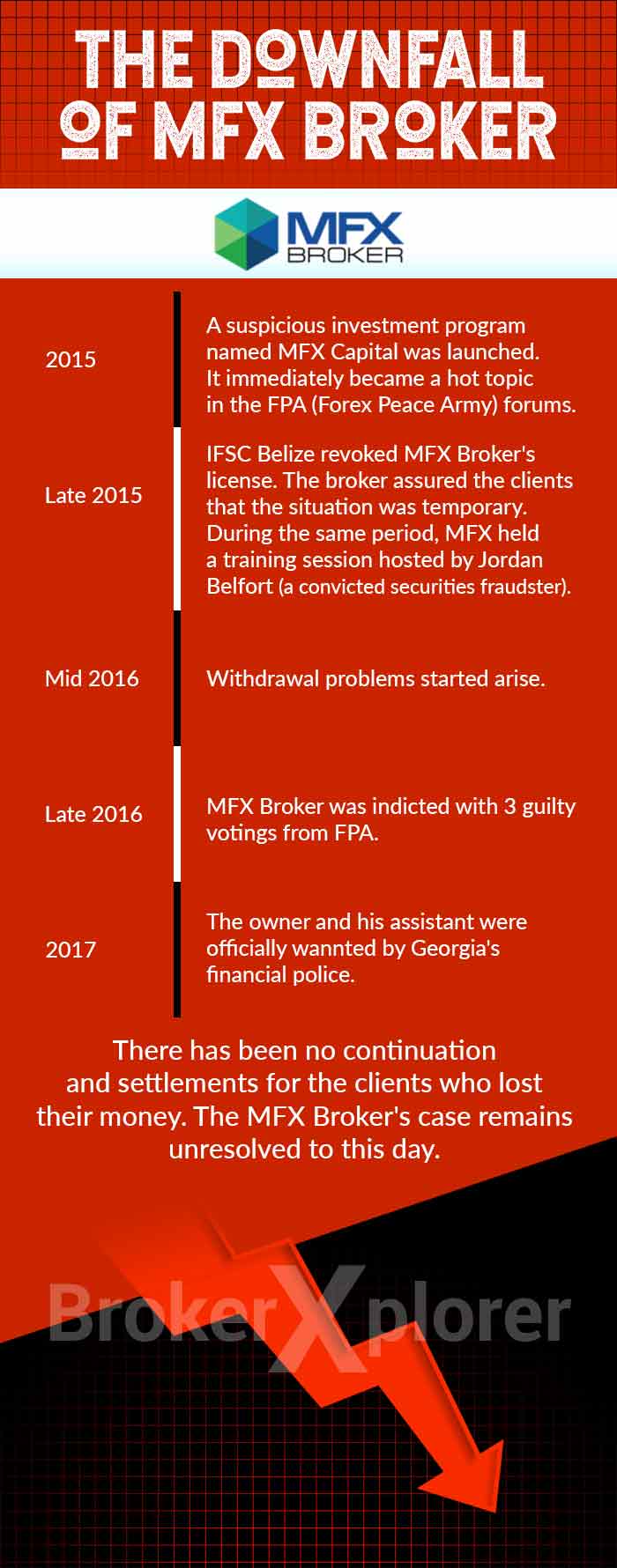Most of trader who just begins joining the jungle of forex world, must be feeling confused at first.
Many new forex traders are attracted to the idea of making quick profits. They believe that after learning for a few weeks or months, they can consistently earn money from trading.
But the truth is, consistently profitable takes time—often several years. Traders need to learn and practice directly, going through a trial-and-error phase to develop their trading edge. They also have to develop their trading mindset until they can make money regularly.
For those who don't have the time or patience, there's a solution. They can use a forex-managed account by becoming investors. This allows them to see profits relatively quickly, and they can even reinvest their money to make even more.
They only focus on learning how to pick a good money manager to grow their funds. This means they don't have to dive deep into the complexities of trading. Instead, they rely on an experienced professional.
How Managed Account Works
A managed account is an investor account but a money manager takes care of it. A money manager can be a person or a team of experts who devote their time and energy to trade for their clients. They know how to make smart decisions to make the account grow.
The money manager helps decide where to put your money for the best chances of making a profit. They might trade in forex, stocks, or bonds, depending on what you agree upon.
They watch how things are going and make adjustments to the investments when needed. They also use strategies to spread the investments across different things and set limits on how much risk to take.

Investors benefit from the growth of their accounts. In exchange, the money manager gets a fee based on a set percentage they agreed upon. Here's a breakdown of how a managed account typically works:
- Choosing a Money Manager: The investor picks a trader/investor with experience and a good track record to be the money manager.
- Setting Up the Account: The investor opens an account and deposits money into it.
- Giving Permission: The investor gives the money manager permission to make decisions and trade on his behalf, so he doesn't have to approve every single move.
- Active Management: The money manager actively trades the money to make a profit.
- Getting Reports: The investor regularly gets reports that tell how the investments are doing. This helps them stay informed about the money manager's decisions and the overall performance of their account.
How to Choose a Good Money Manager
To choose a good money manager, pay attention to the following two things.
1. Check the trading performance history
When assessing trading performance, it's important to consider three key things: profit metrics, risk management, and consistency.
-
Profit Metrics:
- Evaluate how well the money manager generates profits. Look at indicators such as the profit factor, which measures the ratio of gross profit to gross loss. A higher profit factor generally indicates better performance.
- Examine the expectancy-value, which is the average amount you can expect to win or lose per trade. Positive expectancy values suggest a sound trading strategy.
- Consider the average profit/loss per trade to understand the typical gain or loss made by the money manager in each transaction.
-
Review the win rate, representing the percentage of profitable trades. A higher win rate is generally favorable.
-
Risk Management:
- Check how well the money manager handles risks. Look at things like the maximum drawdown, which shows how much the account value dropped from its highest point to the lowest. A lower maximum drawdown is better for managing risks.
- Look at the risk per trade, which is how much money is at risk in each trade. Good risk management is about protecting the whole investment from big losses.
-
Check the maximum consecutive losses to see if the manager can handle losing streaks without big problems.
-
Consistency:
Look at how consistent the money manager has been. See how long they've been doing this and check how well they did in different situations. Being consistent is important to know if the money manager's strategies are reliable.
2. Read reviews from the clients/users
Read from different places like online platforms, forums, or the money manager's website. Be careful because not all reviews might be truthful, and some could be fake.
Make sure the reviews are real by looking for specific details and experiences shared by clients. Genuine reviews tell you what real users experienced.
See how the money manager reacts to concerns or criticisms in the reviews. If they respond well and are clear about solving problems, it means they are good at dealing with clients.
Advantages of Using Managed Account
Here are two key advantages of using a managed account:
- Professional Management: Team up with forex experts to skip the long process of learning by making mistakes. They take care of your money, so you don't have to deal with the emotional challenges that many traders experience.
- Time Savings: Managed accounts save you from spending a lot of time and effort on deep market research and tough decision-making every day. This is especially helpful if you're busy or not an expert at managing your money.
When you let experts manage your money, it makes trading easier. It also lowers your stress and boosts your chances of financial success. However, picking the right manager is crucial.
Choose someone with a good track record to ensure they're not just experienced but can also give you helpful advice and maybe increase your money in the future.

 Dedicated FREE FOREX VPS
Dedicated FREE FOREX VPS Free FOREX Virtual Private Server
Free FOREX Virtual Private Server MT4 Demo Contest, Get $500
MT4 Demo Contest, Get $500 Sign Up for an Account, Claim 60% Deposit Bonus
Sign Up for an Account, Claim 60% Deposit Bonus Free MT4/MT5 VPS 2024
Free MT4/MT5 VPS 2024 Send E-mail and Get Free Merchandise
Send E-mail and Get Free Merchandise $1K Refer a Friend Bonus for Pepperstone Pro clients
$1K Refer a Friend Bonus for Pepperstone Pro clients Maximize Your Earnings with 100% Deposit bonus
Maximize Your Earnings with 100% Deposit bonus Trade to Win, $5,000 Monthly Demo Contest
Trade to Win, $5,000 Monthly Demo Contest Claim 30% + 15% Deposit Bonus from LiteFinance
Claim 30% + 15% Deposit Bonus from LiteFinance

